Population Health News Roundup: July
JoAnne DyerIAPHS Members in the News
Rita Hamad and her team gave a webinar for the Institute for Women’s Policy Research and UC Berkeley’s Work-Family Supports and Health Research Hub, “Work Supports and Health: Work Scheduling.” They discuss the impact of the EITC on improving health outcomes. (June 25, 2020)
Omni Cassidy (from NYU Department of Population Health, IAPHS Institutional Member) in CNN online: Celebrities promote unhealthy food and beverages, particularly in campaigns aimed at communities of color. (July 2, 2020)
Allana T. Forde (from Drexel Urban Health Collaborative, IAPHS Institutional Member) in Philly Voice: Racial discrimination may play a role in Black Americans’ blood pressure disparity. From a study published in Hypertension. (July 1, 2020)
Tia Palermo in BMC Pubic Health: Prevalences of help-seeking and help-receiving for children experiencing violence are low, and few consistent factors that facilitated help-seeking were identified in this study. More understanding and improved data quality and availability are needed. (July 2, 2020)
Sandro Galea in the American Journal of Epidemiology: How population health science thinking can help us understand the COVID-19 pandemic. (July 15, 2020)
Hedwig Lee and Michael Esposito in Brookings “Up Front”: Demography reveals racial inequities across multiple areas of life, and these numbers and guide leaders toward effective policies. (July 27, 2020)
Disparities
Asthma disparities linked to urban neighborhood stressors in adolescents: “[L]ower quality of life, worse asthma control, and more asthma-related emergency department visits” were associated with greater stressors for adolescents with asthma. Immune system dysregulation, health behavior changes, and mental health harms are three explanations, according to the study authors. (Public Health Post, July 3, 2020 from an April 2020 study in the Journal of Adolescence.)
Consider racism itself, beyond any possible genetic or societal factors: Racism itself needs to be mentioned and studied during research into disparities. (HealthAffairs, July 2, 2020)
Hunger is increasing during the pandemic, especially for Black and Hispanic households: More families are food insecure, and Black and Hispanic households are “nearly twice as likely to be struggling with food as similar White families.” (Politico, July 6, 2020)
Structural racism isn’t homogenous, but it impacts infant health: Racial inequalities across many areas negatively impact Black infant mortality rates, but the “factors related to structural racism may not be homogenous or have the same impact” across places. Understanding the differences can help inform policy and reduce inequities. (Ethnicity & Disease, Vol 30, No 3, 2020)
Asian American COVID-19 disparities large and largely overlooked: “Asian Americans consistently account for nearly half of COVID-19 deaths.” That’s a four times higher case fatality rate than the overall population’s. (Health Affairs, July 13, 2020)
Place
America faces a looming eviction crisis: With eviction moratoriums expiring, the pandemic continuing, and job losses related to COVID-19, up to 28 million American renters are “perilously close to eviction.” (NBC News, June 22, 2020) Emily Benfer talked with CNBC about how eviction can harm life trajectories and health. (July 10, 2020)
A Seattle land trust seeks equity in property ownership: In Seattle’s (historically Black) Central District, Africatown Land Trust hopes to transfer Fire Station 6 and other public land to the Black community. On June 12, 2020, the City announced it would transfer the fire station to the trust. (Bloomberg CityLab, June 23, 2020)
Environmental Heath & Justice
Kids who drink well water face bigger risk of lead: Blood lead levels were 20% higher in kids who drink well water in North Carolina, according to a study published in PNAS. The risks were higher for kids in lower-income households and Black communities. (The Guardian, July 8, 2020, from a July 6, 2020 study in PNAS.)
Climate change and COVID-19 together will harm many people and worsen disparities: Both of these crises “disproportionately harm the health of vulnerable and economically disadvantaged people, including those affected by structural racism.” Strategies, such as electricity subsidies, cooling locations, and shelter infection control protocols, are suggested. (NEJM, July 15, 2020)
Plastics cause harm disproportionately: Plastic production creates benzene and other harmful chemicals, and people of color are more likely to live close to a plastics refinery. (Bloomberg Law, July 14, 2020)
Commercial Determinants of Health
The private sector’s role in COVID-19 spread: Companies have not kept pace with the demand for test kits, masks, and hand sanitizers–and opening commercial establishments has also contributed to transmission of the virus. (ThinkGlobalHealth.org, June 17, 2020)
Work-from-home capability shows disparities: Three-fourths of American workers can’t work from home during the COVID-19 pandemic, putting them not only at greater risk of becoming sick, but also for the potential of persistent increased stress and mental health issues. Some frontline workers may not have a job to go back to. (University of Washington News, June 23, 2020; study published in AJPH online June 18, 2020.)
Mental Health
Disparities in mental health access are significant: The rural/urban disparity in mental health access continues, according to this study. Rural counties are more likely to be without any psychologists or psychiatrists at all. Telehealth could bridge these gaps, but it’s not yet readily available. (Psychology Today, July 15, 2020 from a study in Psychological Trauma: Theory, Research, Practice and Policy)
Concern grows for the suicide rate among Black people: Black suicide rates in adults are rising, and pandemic is increasing the disparities. (Sacramento Bee, July 11, 2020)
Policy & Programs
The consequences of inadequate public health funding and systems: Local public health budgets have declined, leaving us unprepared for the COVID-19 epidemic, according to a Kaiser Health Network-AP investigation. (Kaiser Health News, July 1, 2020)
Paid parental leave can help, but few people know about it: After San Francisco’s Paid Parental Leave Ordinance, there was “little change in leave among mothers,” and “fewer than 2 percent of lower-income mothers had accurate information about the policy.” (HealthAffairs, July 2020)
States’ EITC linked to low-birth-weight babies: “…[S]tates with more generous EITCs had fewer babies born at a low weight…” (NIMH, June 1, 2020)
Addressing obesity could ameliorate pandemic effects: Obesity is a risk factor for being hospitalized with COVID-19. Expanding SNAP, increasing school food funding and other policies could help reduce the impact of the next pandemic. (RWJF Culture of Health blog, June 23, 2020)
The 2010 Healthy, Hunger-Free Kids Act helped kids in poverty: The risk obesity for children in poverty declined–a 47% reduction in obesity prevalence was found in 2018. (Health Affairs, July 2020)
Global Health
Coronavirus case count is growing across South Africa: The World Health Organization warns that South Africa’s increasing number of cases could herald COVID-19 spread across the entire continent of Africa. (AlJazeera, July 21, 2020)
Malaria cases surging in sub-Saharan Africa: Deaths from malaria could double this year as COVID-19 disrupts treatment and prevention programs, and people with malaria are reluctant to get treatment. (AlJazeera, July 25, 2020)
Push for change to stop obstetric violence in Mexico: Activists are pushing back against insults and physical harm that Mexican women experience while giving birth. (Global Press Journal, July 26, 2020)

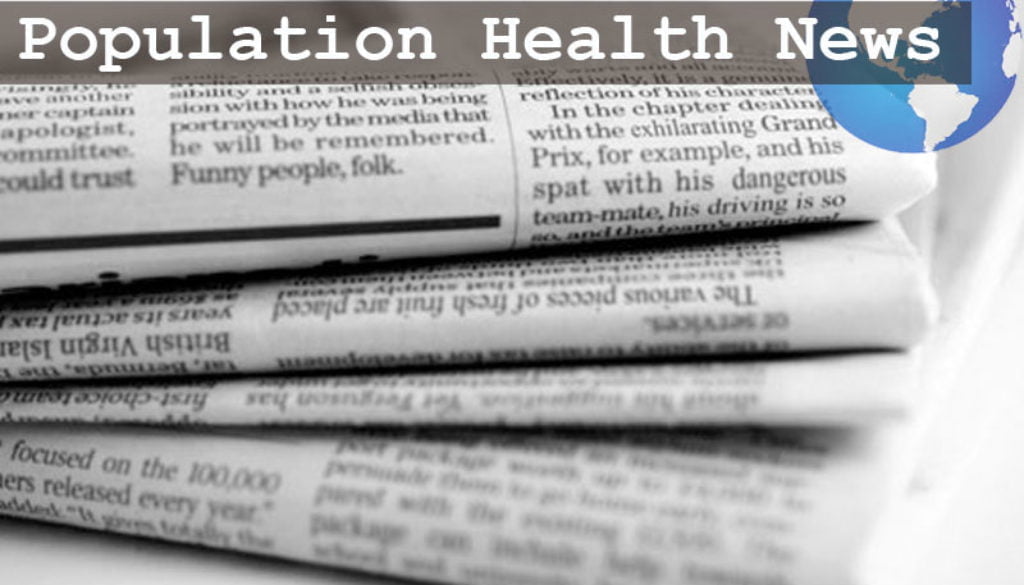
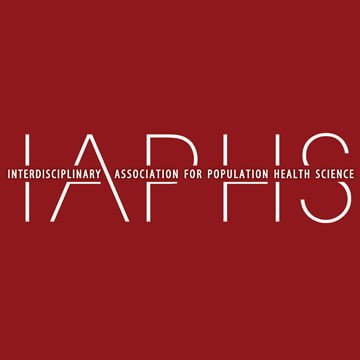
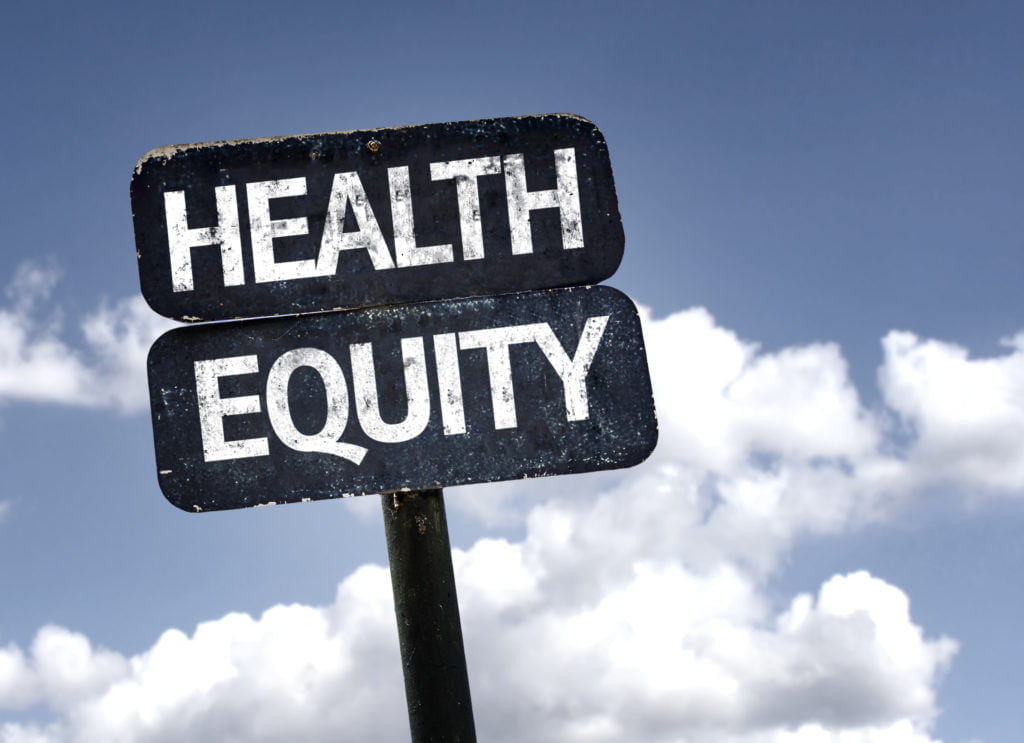
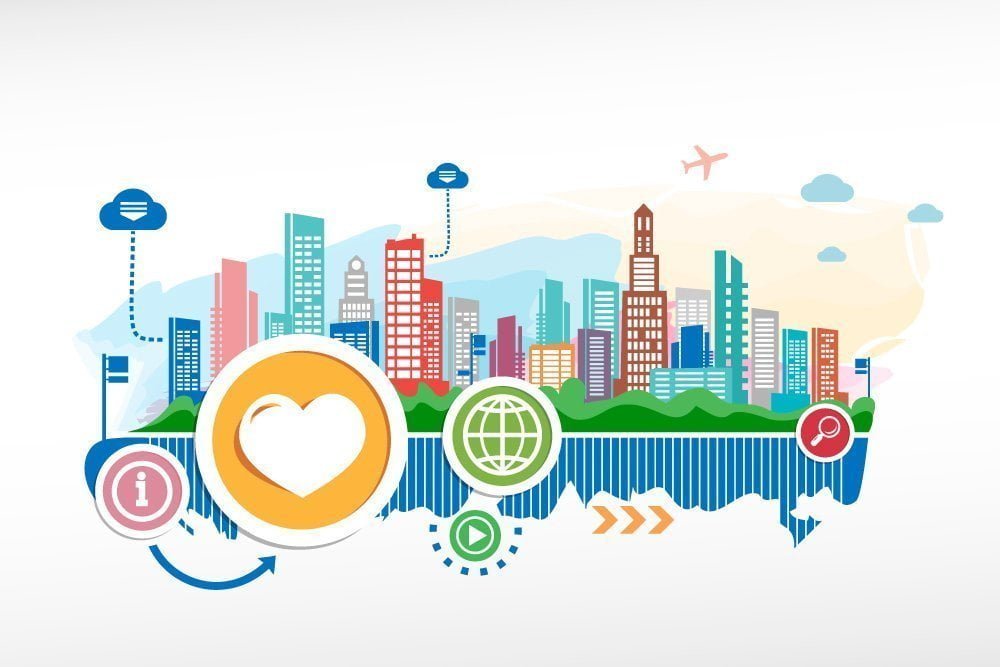
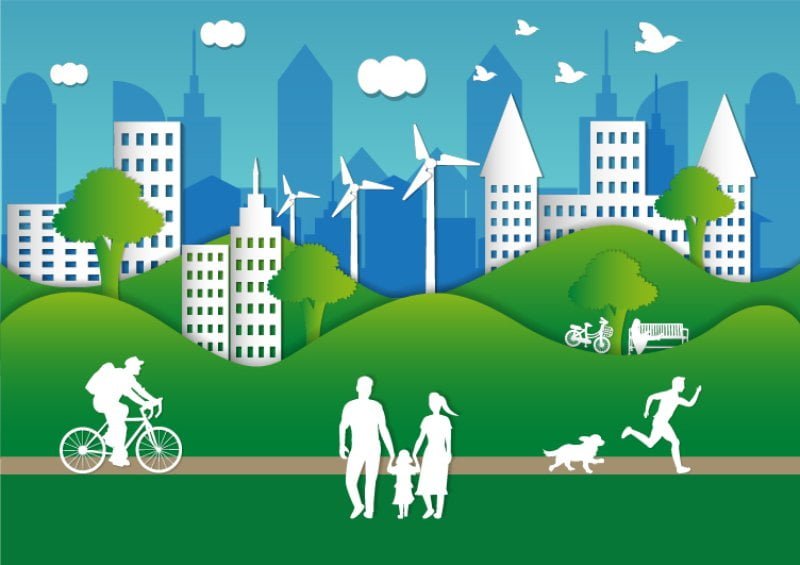

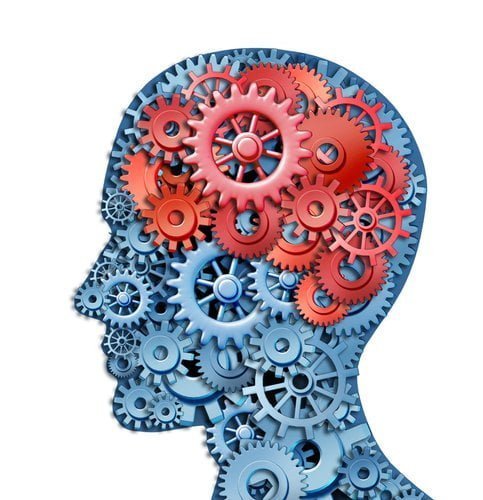
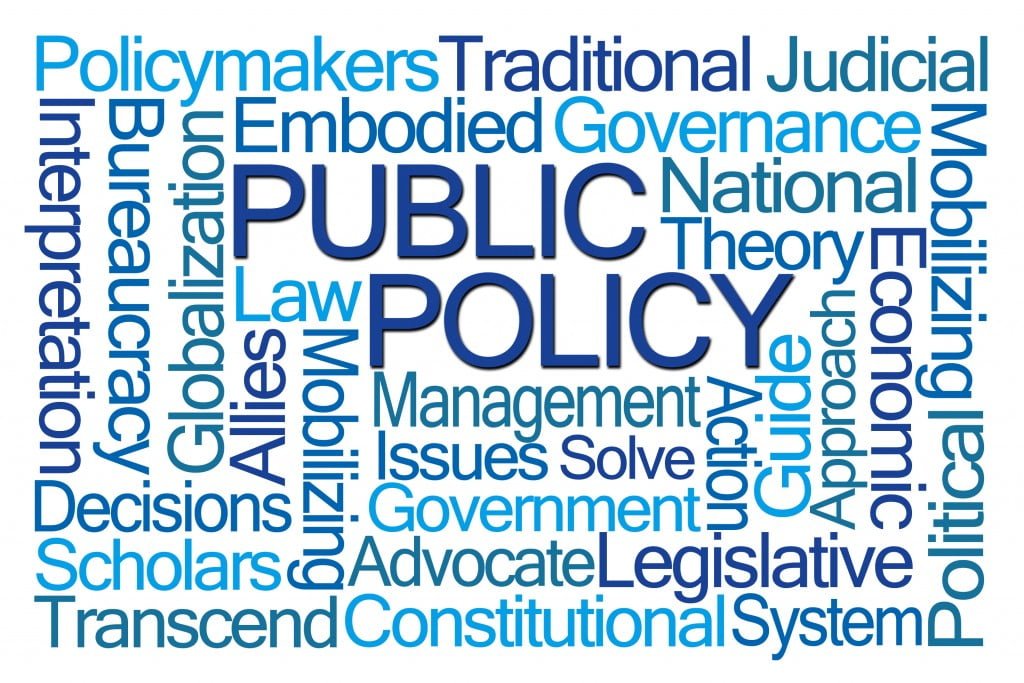





All comments will be reviewed and posted if substantive and of general interest to IAPHS readers.